A new migrant caravan of about 2,000 people is reportedly traveling through Mexico en route to the southern United States border.
The group of people from different countries departed on Inauguration Day from Tapachula, Mexico, aiming to reach the U.S. despite President Donald Trump's immigration crackdown—which includes mass deportations and restrictions on asylum.
Why It Matters
Thousands of migrants began their journey from southern Mexico amid stricter immigration policies under President Trump's executive orders. These measures include the termination of the CBP One app, which allowed asylum seekers to schedule appointments at U.S. border ports, and the deployment of military forces at the southern border. As the migrants make their way north, they are confronted with a rapidly changing immigration environment, where policies aimed at curbing migration and enhancing border security are now in full effect.
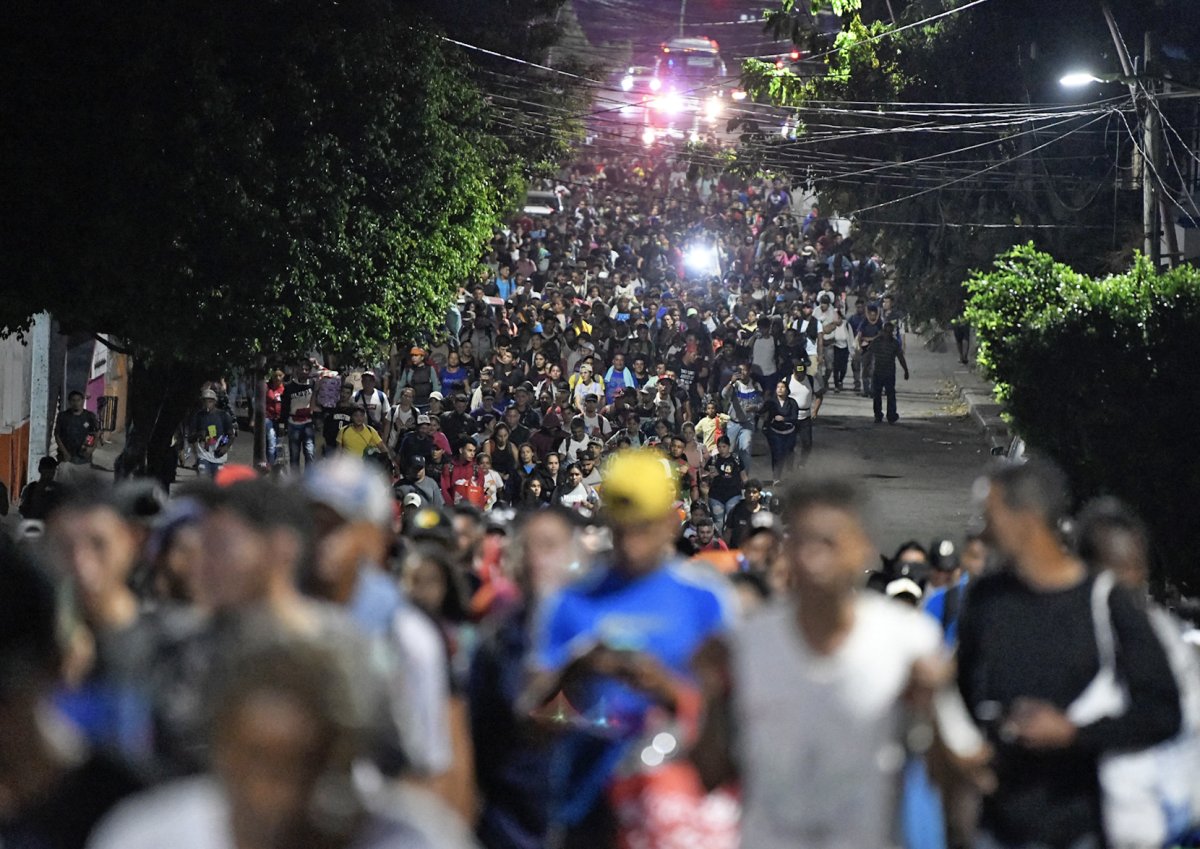
What To Know
This is at least the tenth large group of migrants to depart Tapachula since the U.S. election, but these so-called caravans make up only a small portion of the daily migration flow through Mexico toward the border.
Migrant caravans tend to be broken up by Mexican officials, with migrants proceeding on in smaller groups or as individual families.
On Monday, Trump was sworn in as the 47th U.S. president, assuming leadership as Republicans took back control of Washington and began enacting plans to reshape the nation's immigration policy.
Trump has already shut down the CBP One app, which allowed asylum seekers and migrants to schedule appointments with border officials.
The move fulfills one of his "Day 1" promises to roll back Biden-era immigration policies and implement his hardline agenda.
Shortly after Trump was sworn in, the Customs and Border Protection (CBP) website posted a notice stating that the app used to schedule appointments at eight southwest border ports of entry was no longer available, and all existing appointments had been canceled.
Trump issued an executive order aimed at ending birthright citizenship, though the move is likely to face legal challenges, as birthright citizenship is protected by the U.S. Constitution. He also signed an order labeling Mexican drug cartels and other groups as foreign terrorist organizations.
Additionally, he declared a national emergency at the southern border, granting him the authority to use federal funds to build a wall along the U.S.-Mexico border without needing approval from Congress.
What People Are Saying
Olindo Colmenares, a migrant from Venezuela traveling with his wife and son, told AP: "The best thing for our family is to go at least to Mexico City, where there are more employment opportunities, and you can actually settle here in Mexico while you wait for the new processes that may come from this new U.S. government."
What Happens Next
The caravan will be split up before it reaches the U.S., as Mexican authorities are likely to intervene and break up the group into smaller units, with many migrants continuing their journey in smaller clusters or seeking refuge in various Mexican cities as they navigate the increasingly complex political landscape shaped by the second Trump administration's aggressive immigration crackdown.
This article includes reporting from The Associated Press.
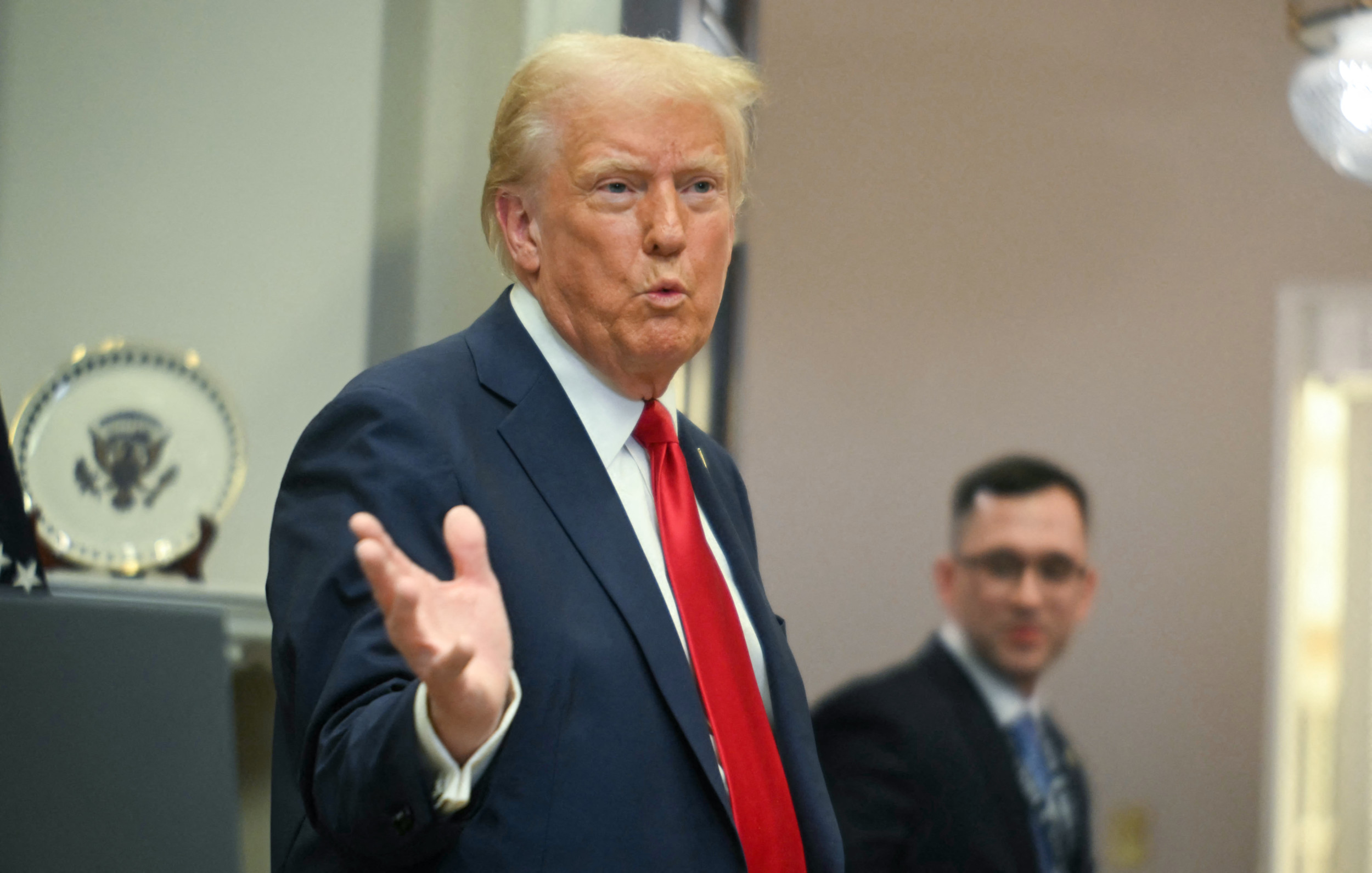
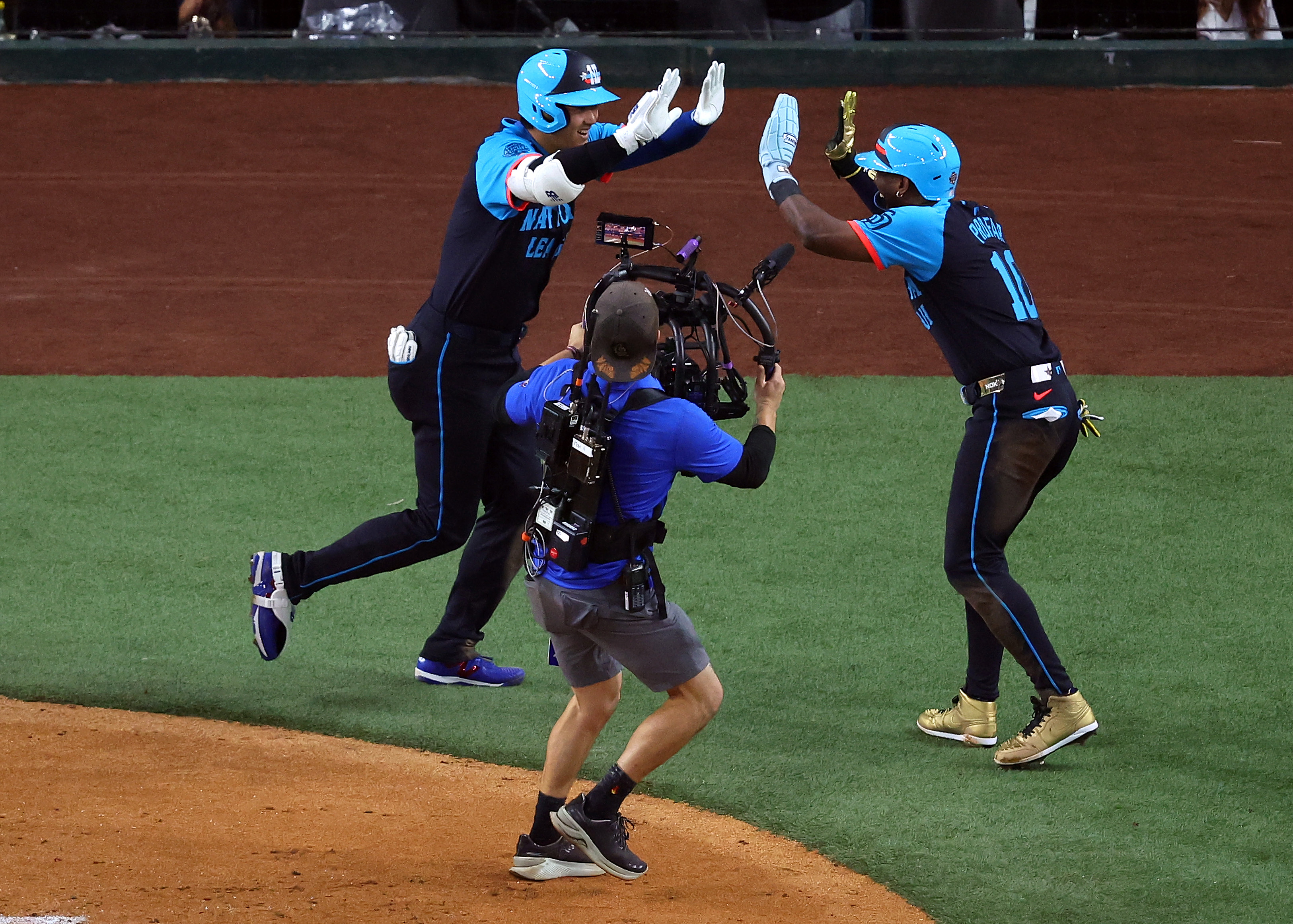

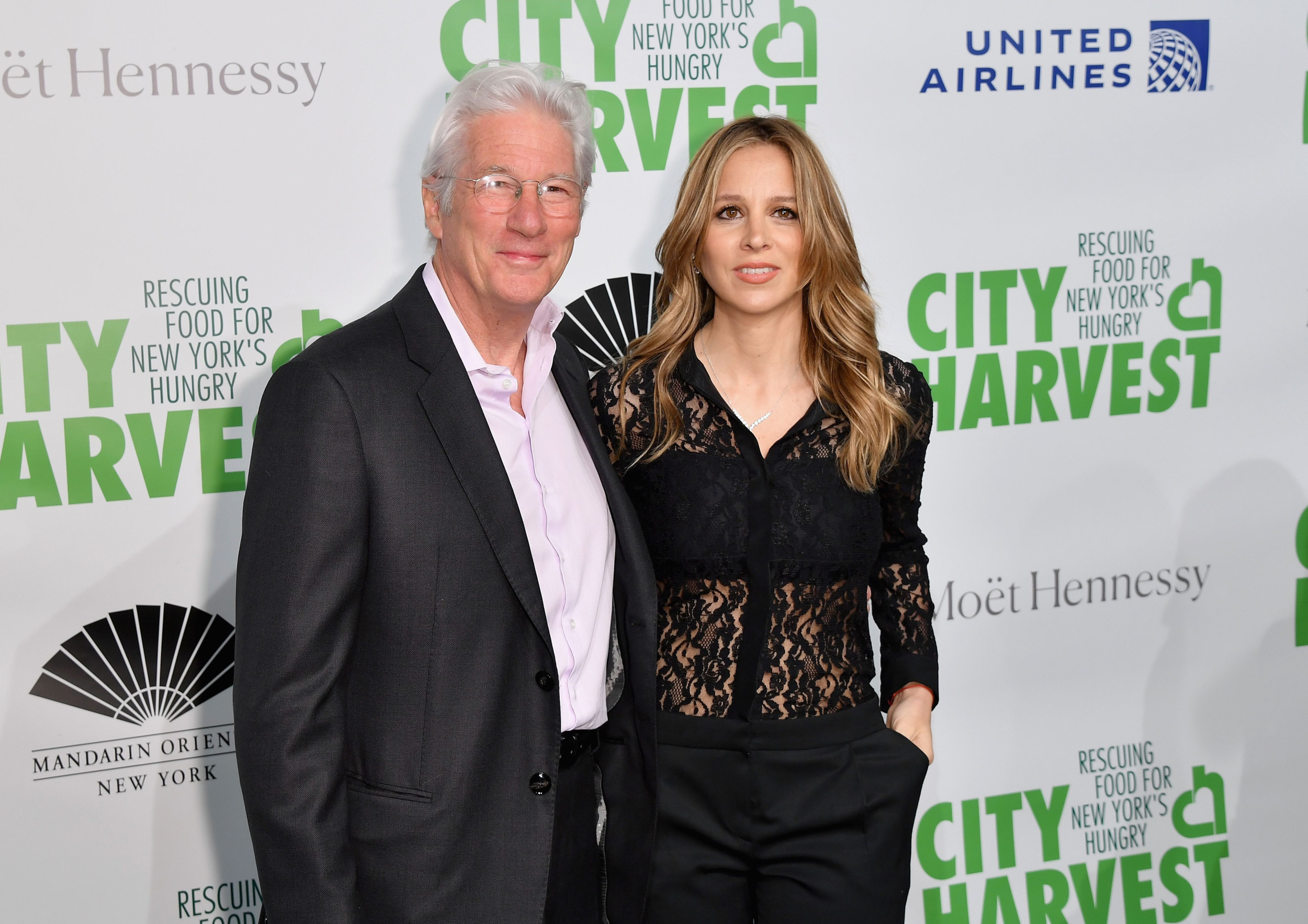




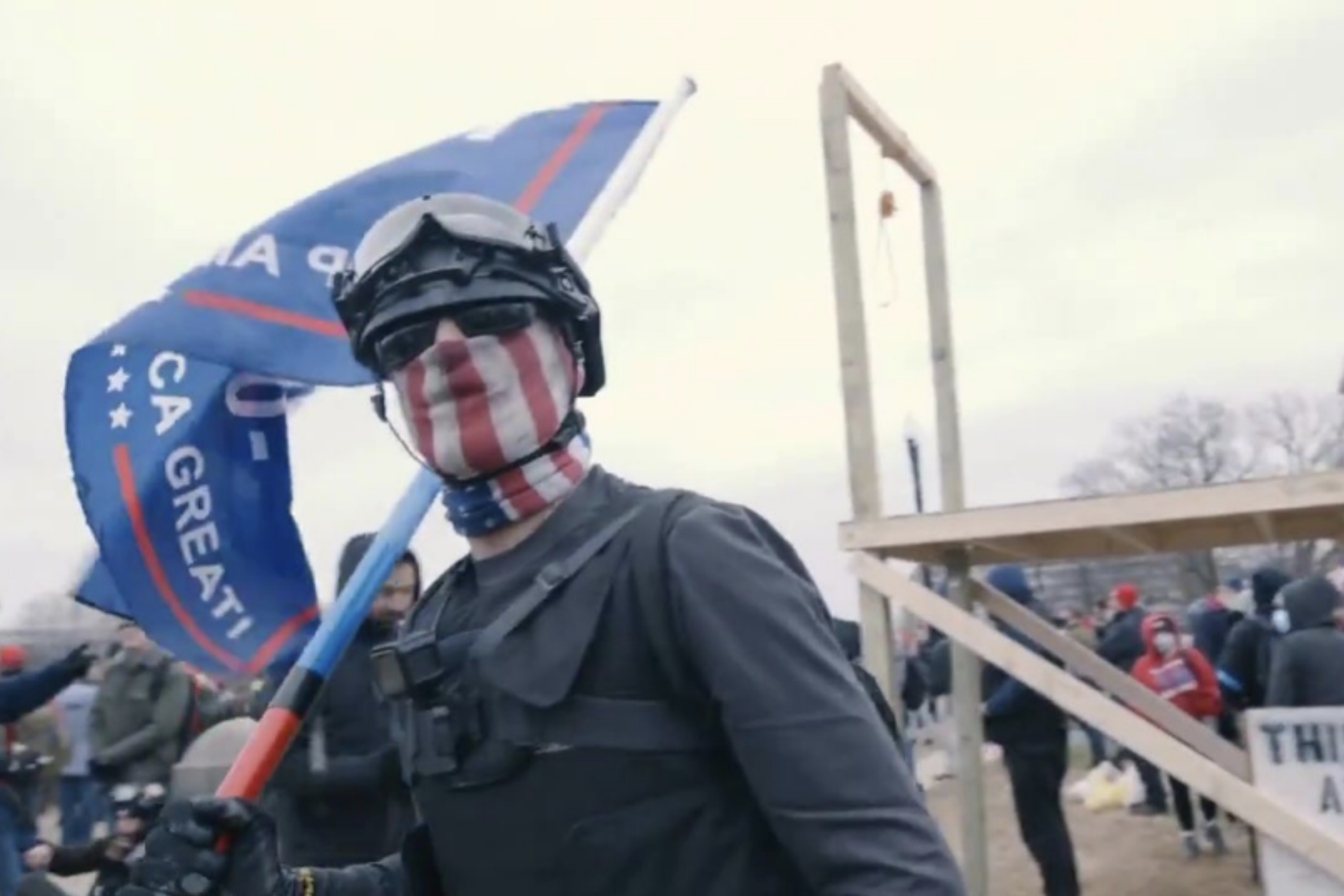

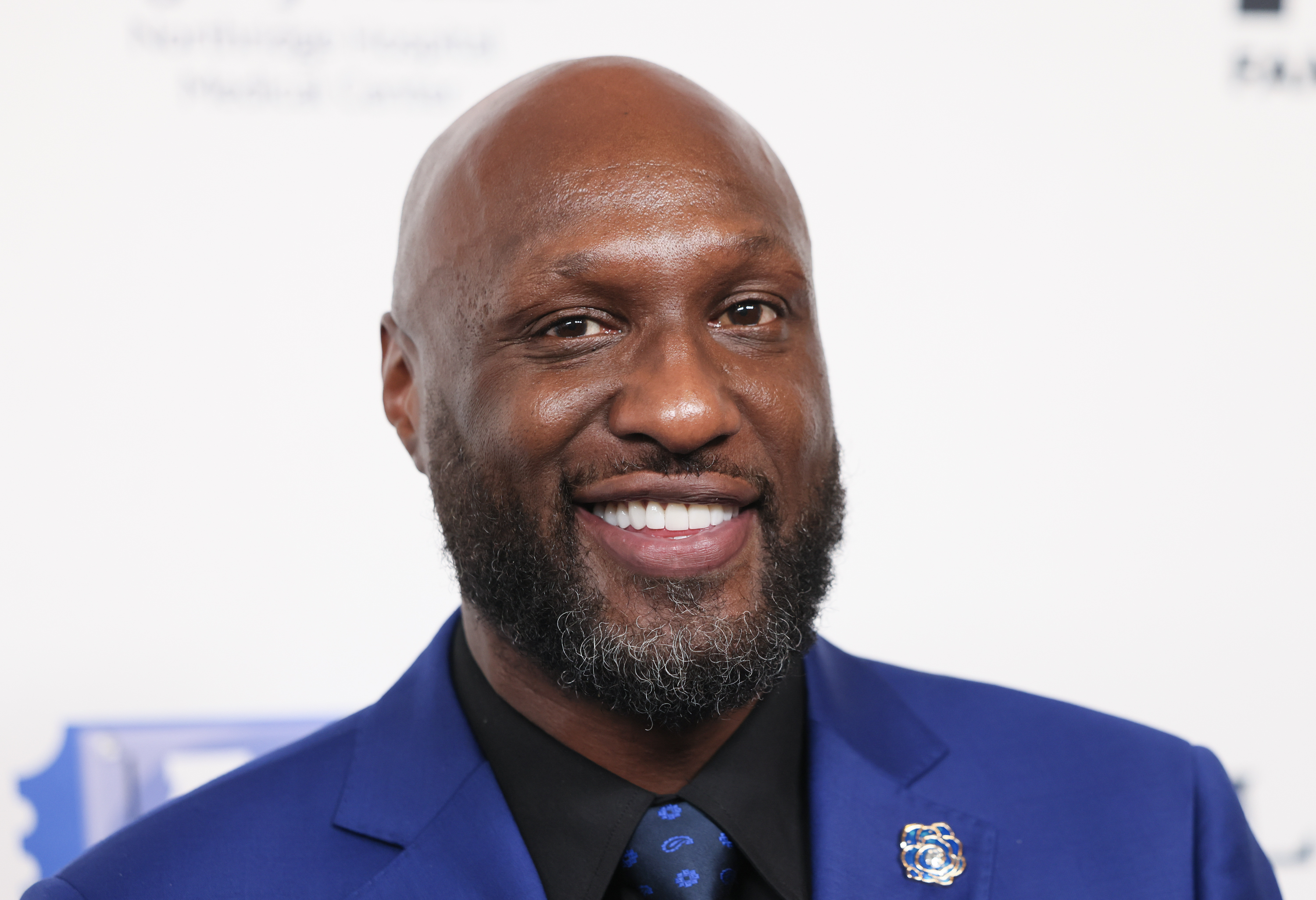
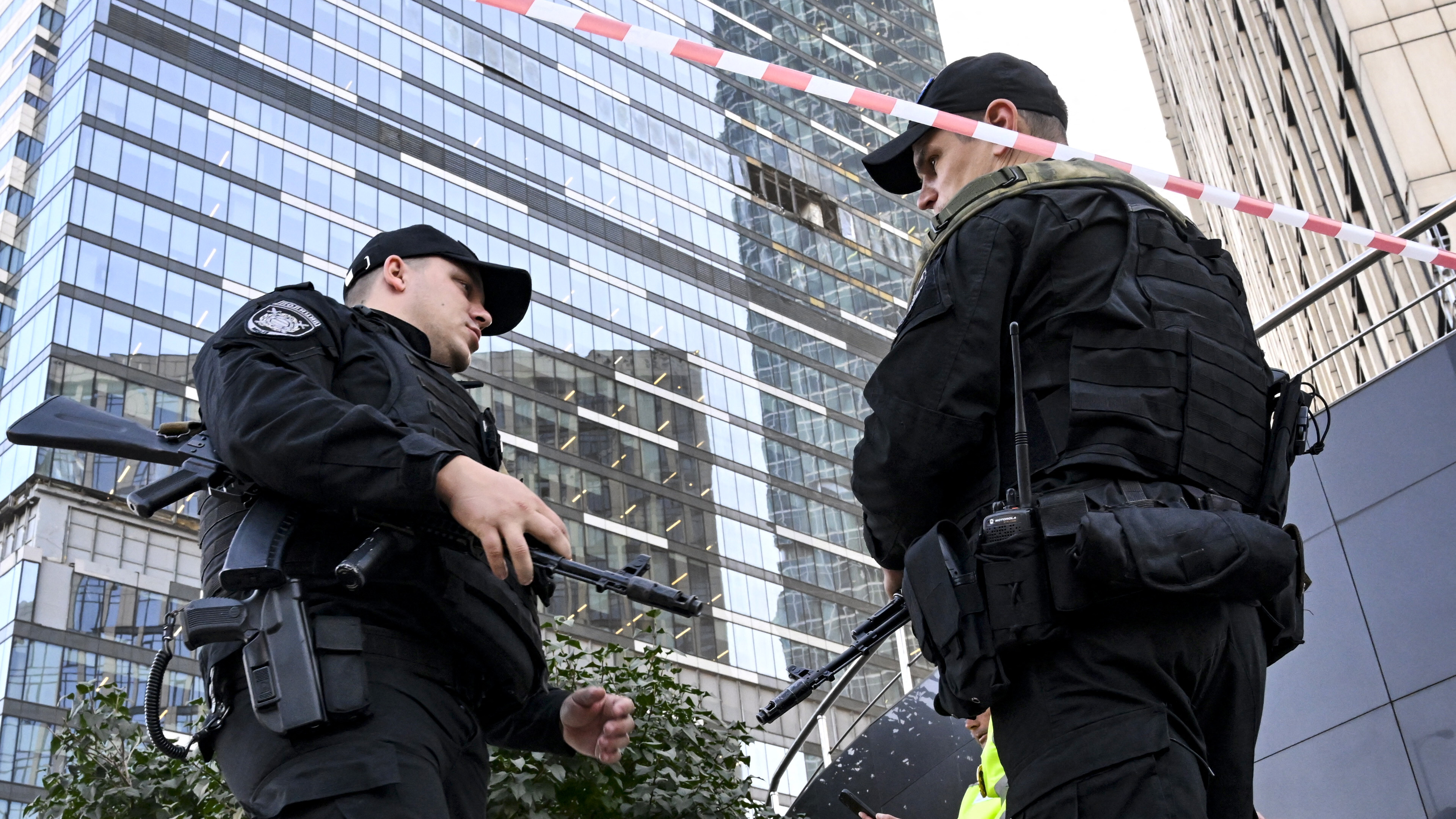








 English (US) ·
English (US) ·